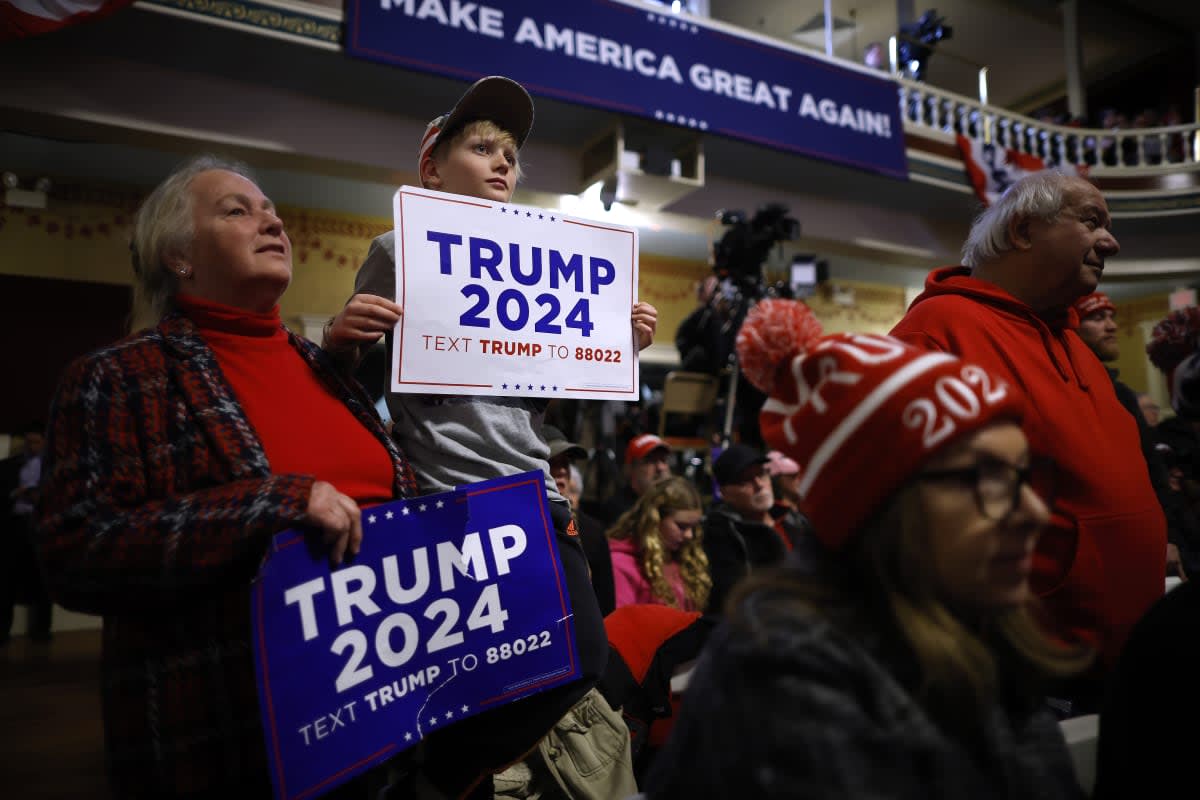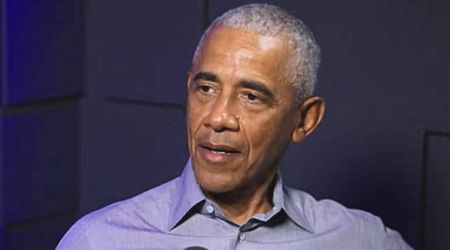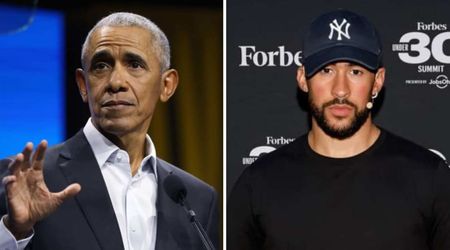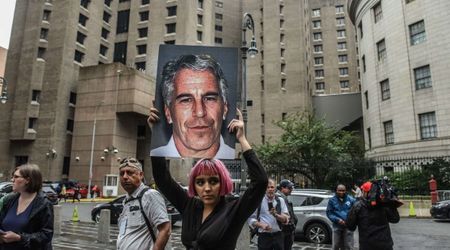Donald Trump vs Nikki Haley: 8 things you need to know as GOP frontrunners set to clash at New Hampshire primary

8 crucial points about Donald Trump and Nikki Haley's showdown at New Hampshire primary

All the eyes are on New Hampshire, a state that could decide the fate of the 2024 US presidential election. Republican voters of the Granite State will head to choose their presidential nominee in the primary election on January 23. The competition has come down to a one-on-one race between former President Trump and former South Carolina Governor Haley after Ron DeSantis decided to end his run. With so much at stake for both contenders, let us take a look at eight things one needs to know as the bets on the two GOP White House hopefuls are at an all-time high in the New Hampshire primary.
1. Importance of New Hampshire primary

Trump is showing a clear line in the Republican primary polls that New Hampshire will likely decide who would grab the GOP presidential nominee ticket to potentially face President Joe Biden in November. For Haley, the stakes are high as she needs to come within a single-digit margin to claim her candidacy in the race and move forward to other states.
2. Who gets to vote?

To vote in the GOP primary, one must be a registered party member or an independent or unaffiliated voter. Therefore, only registered Republicans and independent voters can take part in the New Hampshire primary. New voters can register at a polling site on the day of the primary. However, already registered voters cannot change their party affiliation, for which the deadline was October 2023.
3. Whose name will be on the ballot?

Despite the Republican primary becoming a two-person race, the ballot will have more than two names. The GOP primary ballot will have 24 names, including Trump, Haley, and recently dropped-out candidate DeSantis. It will also include the names of other candidates who suspended their campaigns, including Vivek Ramaswamy, Chris Christie, and Asa Hutchinson, among others.
4. What do turnout and advance votes look like?

According to the Associated Press, New Hampshire has about 873,000 registered voters as of December 28, 2023, of which 31% are registered Republican voters. Another 39% are independent or non-affiliated voters. Though Haley hoped for a decisive win in the state, DeSantis's exit has caused a change in voter support. In a CNN/University of New Hampshire survey released on January 21, Trump was projected to have 50% support, while Haley had 39%. If this trend continues, Trump could be projected as the winner.
5. Nikki Haley's last chance to change the direction GOP presidential primary

After coming third in the Iowa caucus, Haley is hoping for a victory in New Hampshire, and this is her best and probably last chance. With DeSantis dropping out, the former UN ambassador has to either win or come close to Trump on January 23. Only then could she credibly claim the competition is a solid two-person race, which would positively impact her chances at Super Tuesday.
6. Donald Trump's win in New Hampshire could effectively end the 2024 Republican presidential race

Trump had a landslide victory in Iowa with 51% votes. If he defeats Haley by a large margin in New Hampshire, the former president would be able to easily grab the party nomination without any worthy rivals. According to pundits and lawmakers, a solid double-digit victory for Trump could effectively halt Haley's White Hosue dreams.
7. New Hampshire is different from Iowa

Despite being the first states to choose the presidential candidates for around four decades, New Hampshire and Iowa have rarely voted for the same republican candidate. Both states are overwhelmingly White, but the Granite State is not as politically or culturally conservative as the other. The moderate voters in New Hampshire are known to usually support more centrist Republicans, which Haley now depends on. Nevertheless, Trump did manage to win the GOP primary in 2016. Things might turn out to be different this time due to the fewer evangelical Christians in New Hampshire compared to Iowa. That's because strong support from evangelical Christians is said to have led to Trump's landslide victory in Iowa.
8. What happens after New Hampshire?

The next contest after New Hampshire is Nevada. Interestingly, the state holds both primary and caucus. Haley is set to be the only major candidate in the primary scheduled for February 6, while Trump has chosen to go with the February 8 caucus. Subsequently, both will move to Haley's hometown, South Carolina, where the former president is expected to have formidable support during the February 24 primary. However, the most challenging race will occur on March 5, Super Tuesday, when over a dozen states will choose their presidential nominees. And Super Tuesday will highly likely decide who will face President Joe Biden in November.










